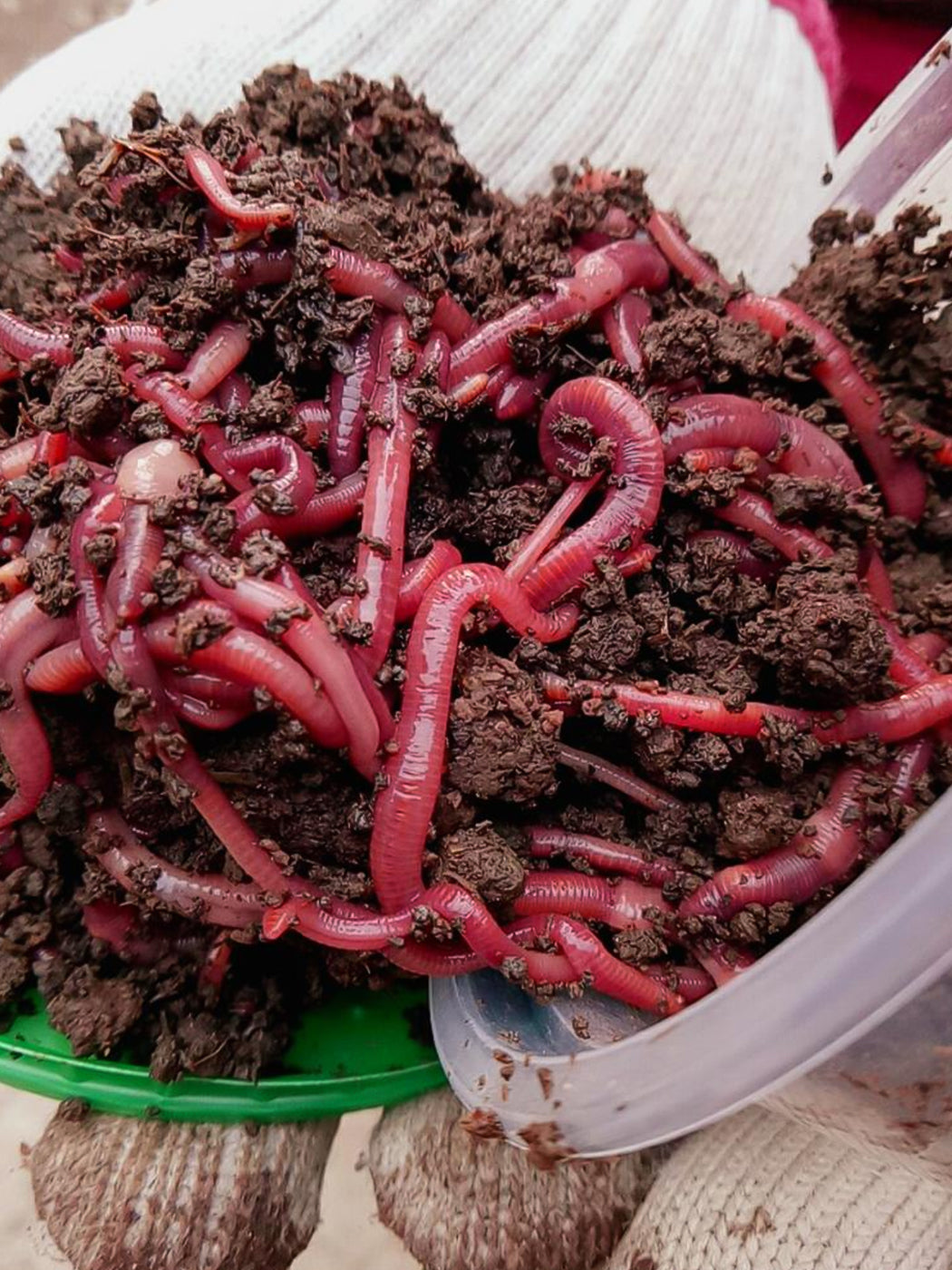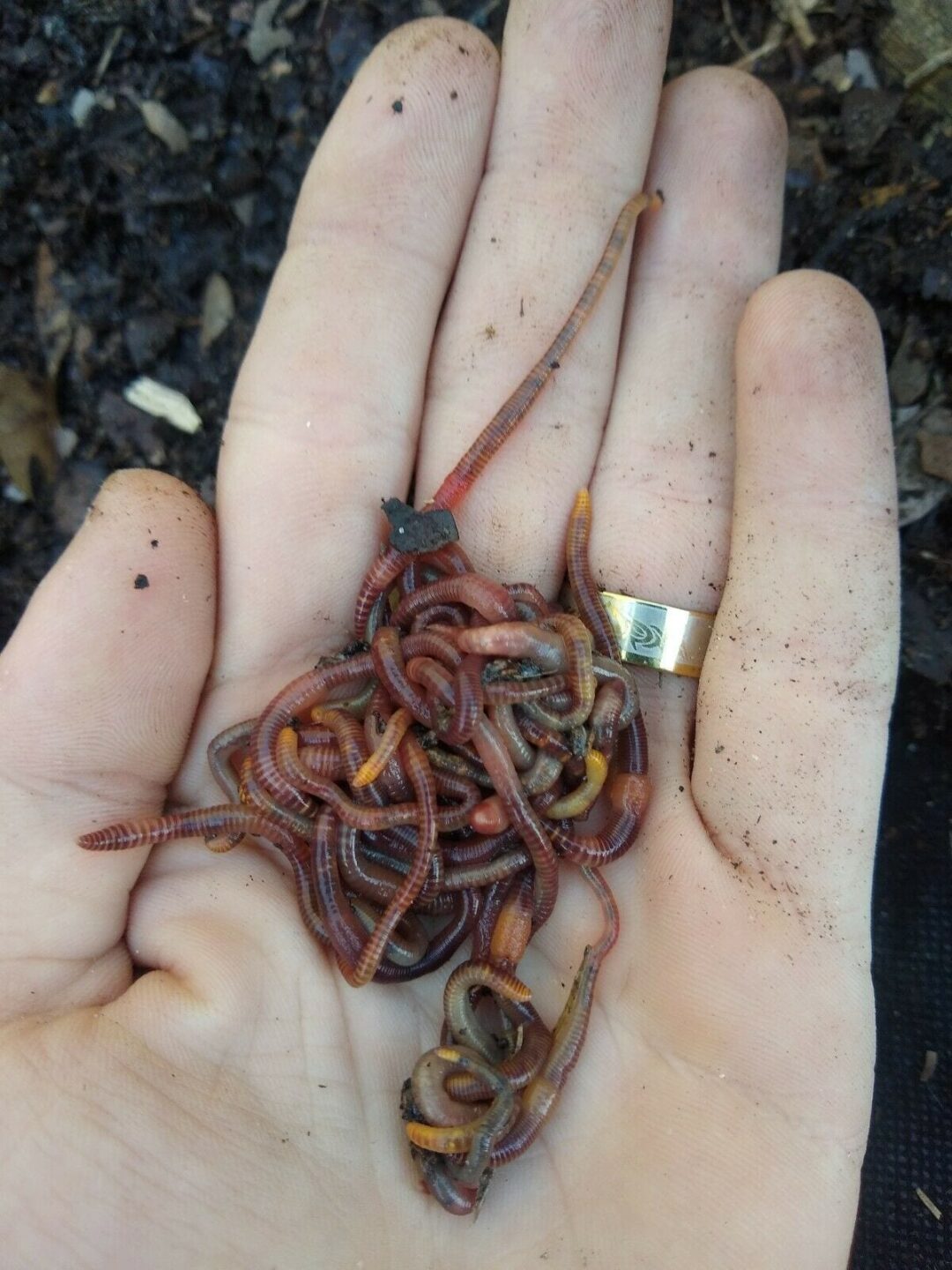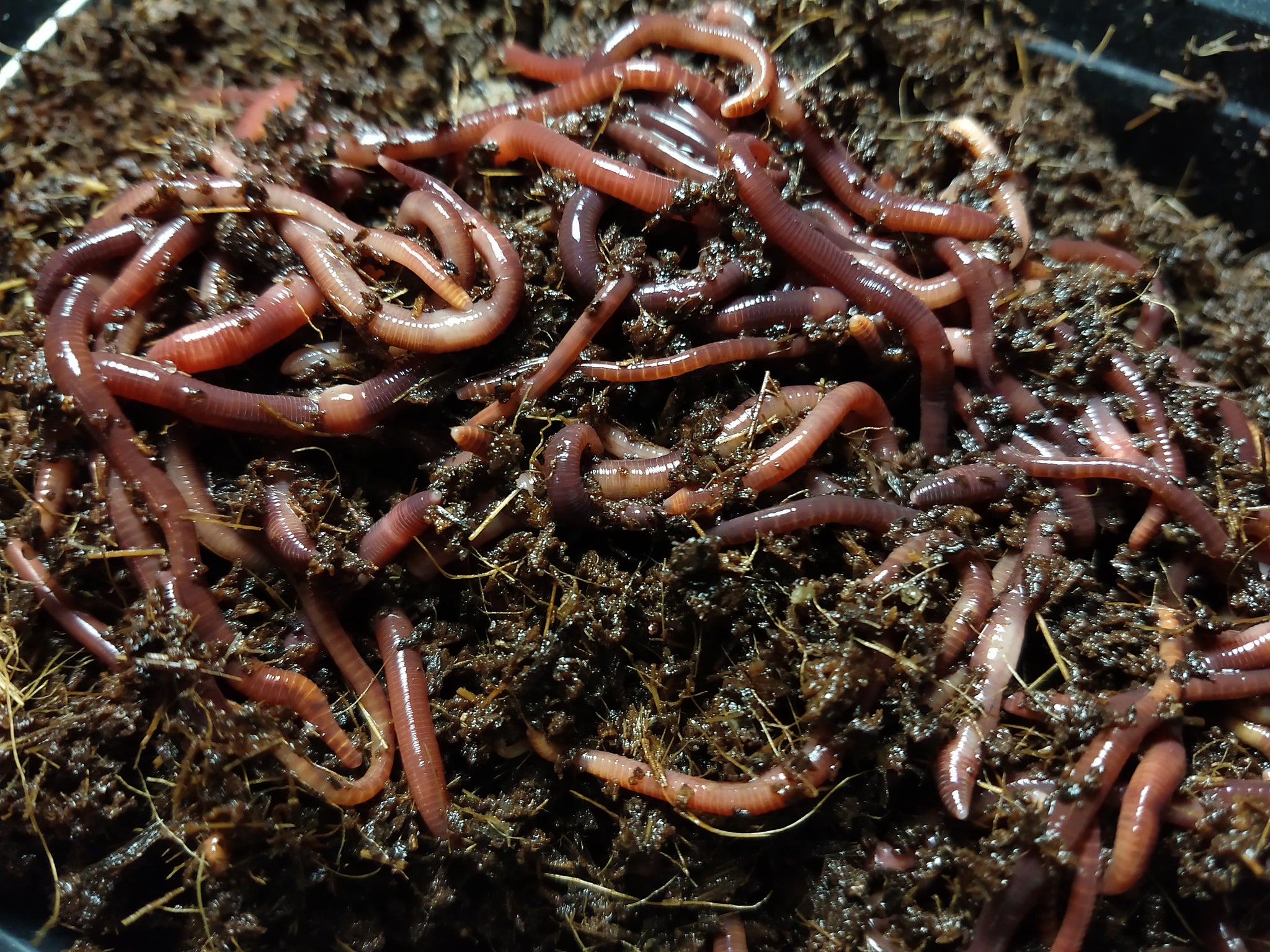Lake Hickory Bait Provides the Solutions You Need for a Perfect Lawn
Lake Hickory Bait Provides the Solutions You Need for a Perfect Lawn
Blog Article
Red Wigglers: The Unsung Heroes of Organic Waste Recycling
Red wigglers, or Eisenia fetida, offer as vital agents in the natural waste reusing procedure, transforming discarded products into important vermicompost. As the world increasingly looks for services to combat waste accumulation and enhance agricultural performance, comprehending the role of these worms becomes essential.
What Are Red Wigglers?
The impressive durability of red wigglers, scientifically recognized as Eisenia fetida, emphasizes their important role in organic waste recycling. These small, reddish-brown earthworms are typically located in disintegrating raw material, such as garden compost stacks and manure heaps. Lake Hickory Bait. Unlike various other earthworm varieties, red wigglers flourish in nutrient-rich settings and are very effective at damaging down natural materials, making them vital for vermicomposting

(Red Wiggler Express)Along with their role in waste reduction, red wigglers add to dirt wellness by boosting dirt framework and aeration through their burrowing activities (Lake Hickory Bait). Their existence in composting systems not only improves decay prices yet additionally advertises a lasting strategy to waste management, illustrating their importance in ecological conservation efforts
Benefits of Composting With Worms
Composting with worms, particularly red wigglers, offers numerous advantages that boost both waste monitoring and dirt wellness. These worms effectively damage down organic waste, converting it right into nutrient-rich vermicompost that improves dirt. This process accelerates decomposition, allowing for a quicker recycling of kitchen scraps and various other organic materials contrasted to typical composting methods.
Furthermore, the vermicompost created by red wigglers is including beneficial microbes, which assist boost dirt structure, aeration, and wetness retention. This boosts the overall wellness of plants, promoting energetic development and increased returns in yards and agricultural setups. Furthermore, making use of worms in composting decreases the manufacturing of greenhouse gases, such as methane, contributing to an extra sustainable waste management system.

Exactly How to Beginning Vermicomposting
Developing a vermicomposting system is a straightforward process that can yield considerable benefits for both waste administration and dirt enrichment. To start, choose an ideal container, such as a plastic container or wood box, with ample air flow openings to make certain proper airflow. The dimensions should ideally be around 2 feet by 3 feet, allowing ample space for the worms to thrive.
Next, prepare bedding product, which can be composed of shredded paper, cardboard, or coconut coir. This bed linens needs to be dampened to produce an appropriate habitat for the worms. Once the bedding remains in area, present red wigglers (Eisenia fetida) right into the bin, usually around one pound of worms for every single square foot of surface location.
Adhering to the positioning of worms, add natural waste, such as fruit and veggie scraps, coffee grounds, and smashed eggshells. With these steps, you will find this effectively launch a vermicomposting system that contributes to sustainable waste administration and enriches your dirt.
Preserving a Healthy And Balanced Worm Bin
(Red Wiggler Express)Maintaining a worm bin growing needs normal attention and like guarantee the wellness of the red wigglers and the effectiveness of the composting procedure. Proper upkeep begins with keeping an eye on the moisture levels; the container ought to perspire but not soaked. An excellent guideline is to keep a consistency comparable to a wrung-out sponge.
Aeration is vital. Gently mixing the bed linen and food scraps every couple of weeks prevents compaction and makes sure that all worms have accessibility to oxygen. Additionally, it is essential to feed the worms suitably. A balanced diet of vegetables and fruit scraps, coffee premises, and crushed eggshells ought to be used in small amounts to avoid overfeeding, which can result in odors and bugs.
If the container ends up being too hot or cold, the worms might become worried. By carefully handling these aspects, one can keep a robust and productive worm container.
Effect On Lasting Living
The effective maintenance of a worm container not just benefits the wellness of red wigglers but likewise adds significantly to lasting living techniques. By reusing organic waste, such as cooking area scraps and yard particles, red wigglers aid draw away significant amounts of product from landfills. This reduction in waste not only lowers greenhouse gas emissions but also lessens the ecological problem related to waste administration.
In addition, the castings generated by red wigglers serve as a nutrient-rich organic plant food, boosting soil health and promoting plant development. This all-natural alternative to chemical fertilizers sustains sustainable farming and horticulture methods, minimizing dependence on artificial inputs that can hurt communities. Additionally, worm composting promotes awareness of waste administration, encouraging individuals and areas to adopt even more lasting practices.

Conclusion
In recap, red wigglers offer as essential contributors to natural waste reusing via their efficient disintegration of natural products. Their ability to produce nutrient-rich vermicompost boosts dirt health and supports sustainable farming methods. By incorporating vermicomposting right into waste administration approaches, people and communities can significantly minimize waste while promoting ecological sustainability. The role of Eisenia fetida in promoting healthy and balanced environments highlights the importance of these microorganisms in attaining sustainable living and improving dirt fertility.
Report this page